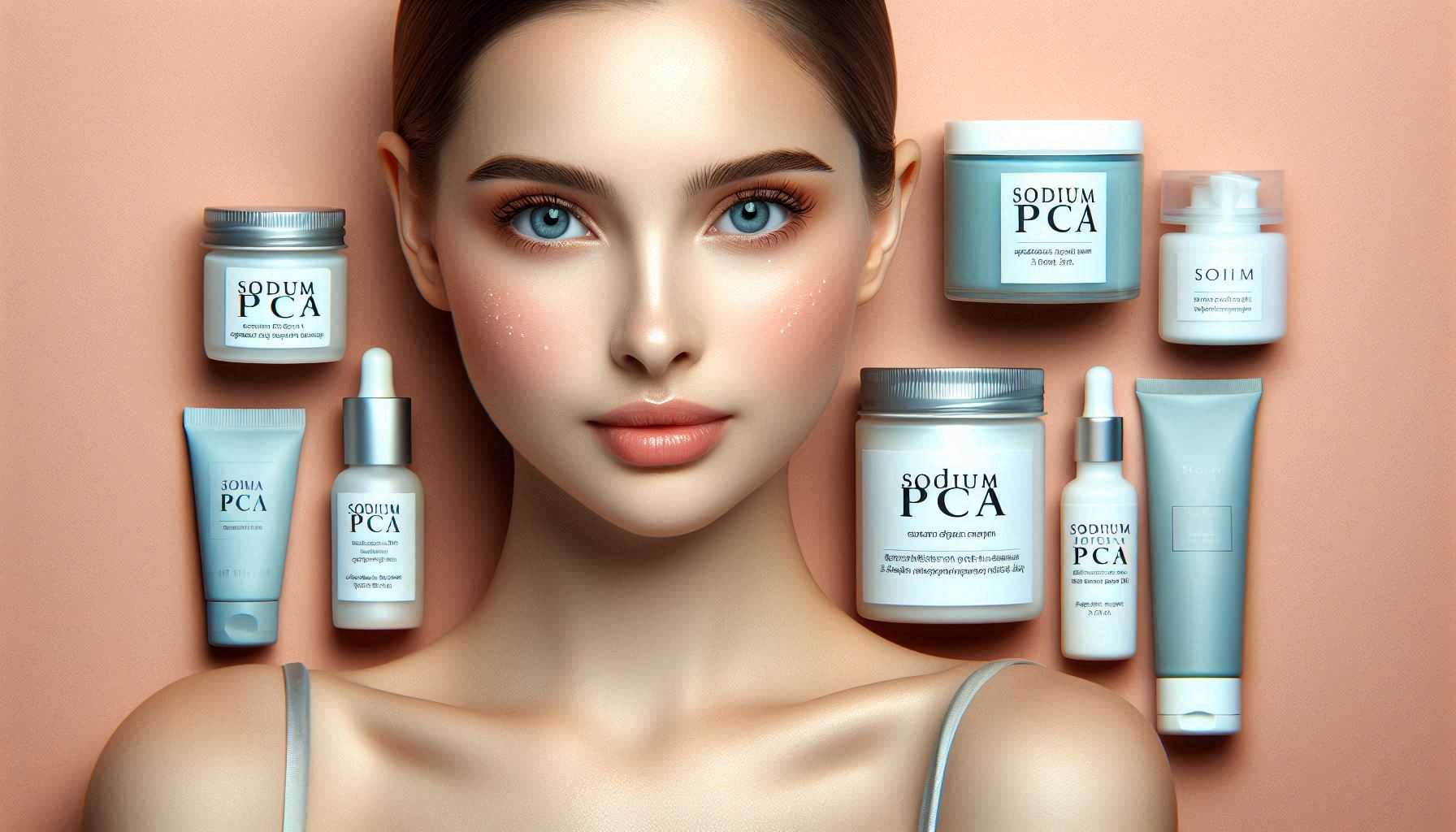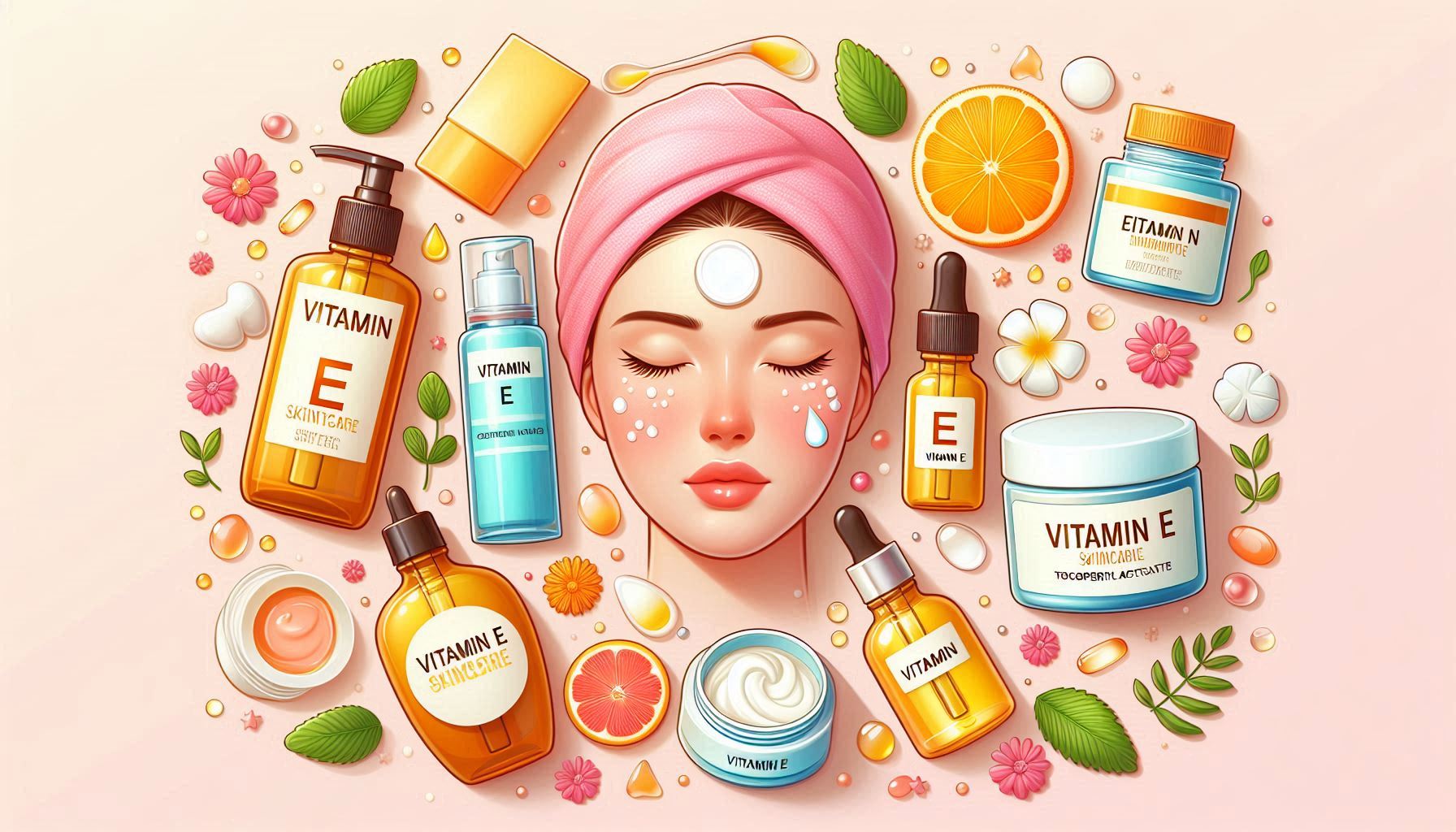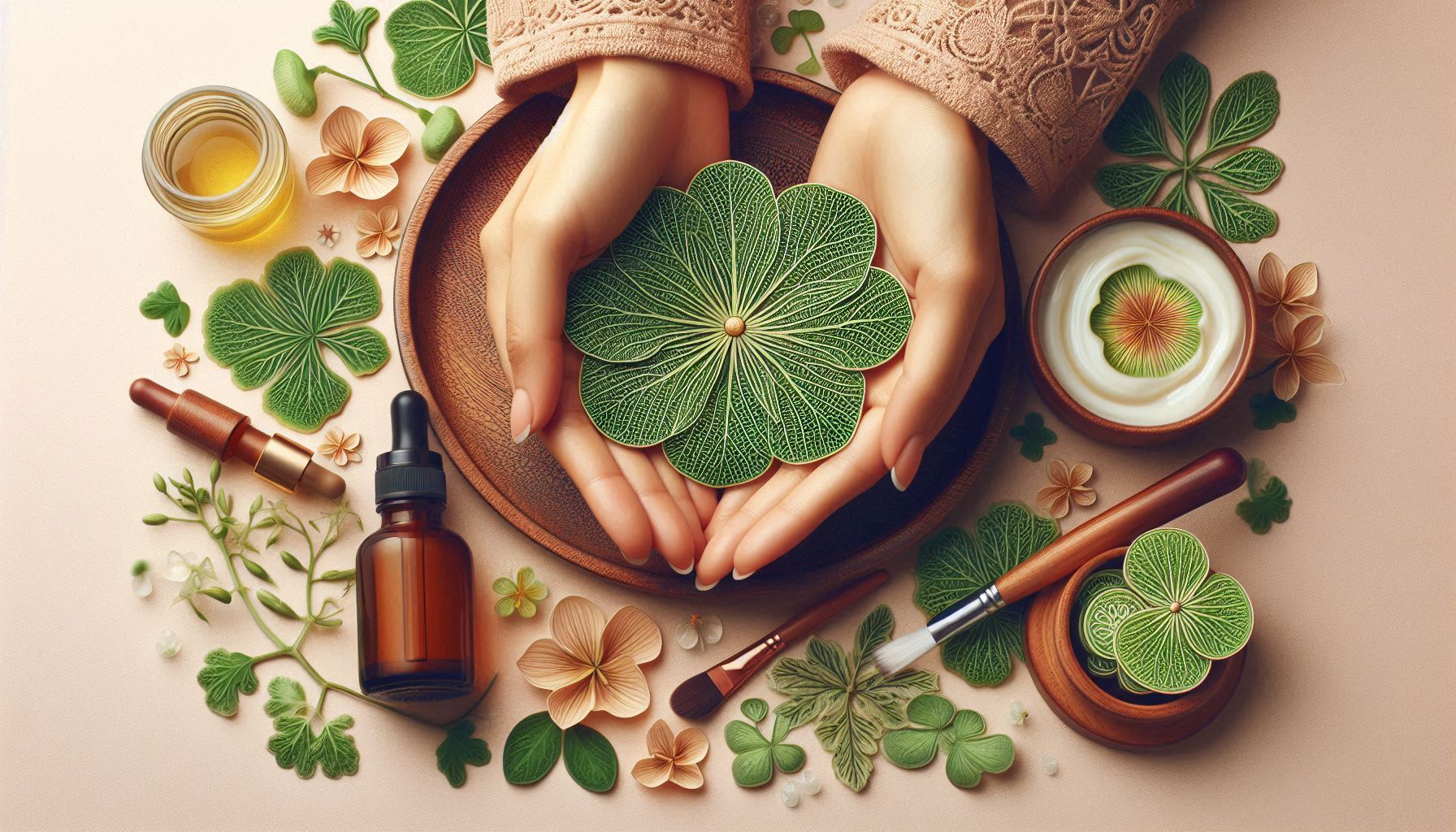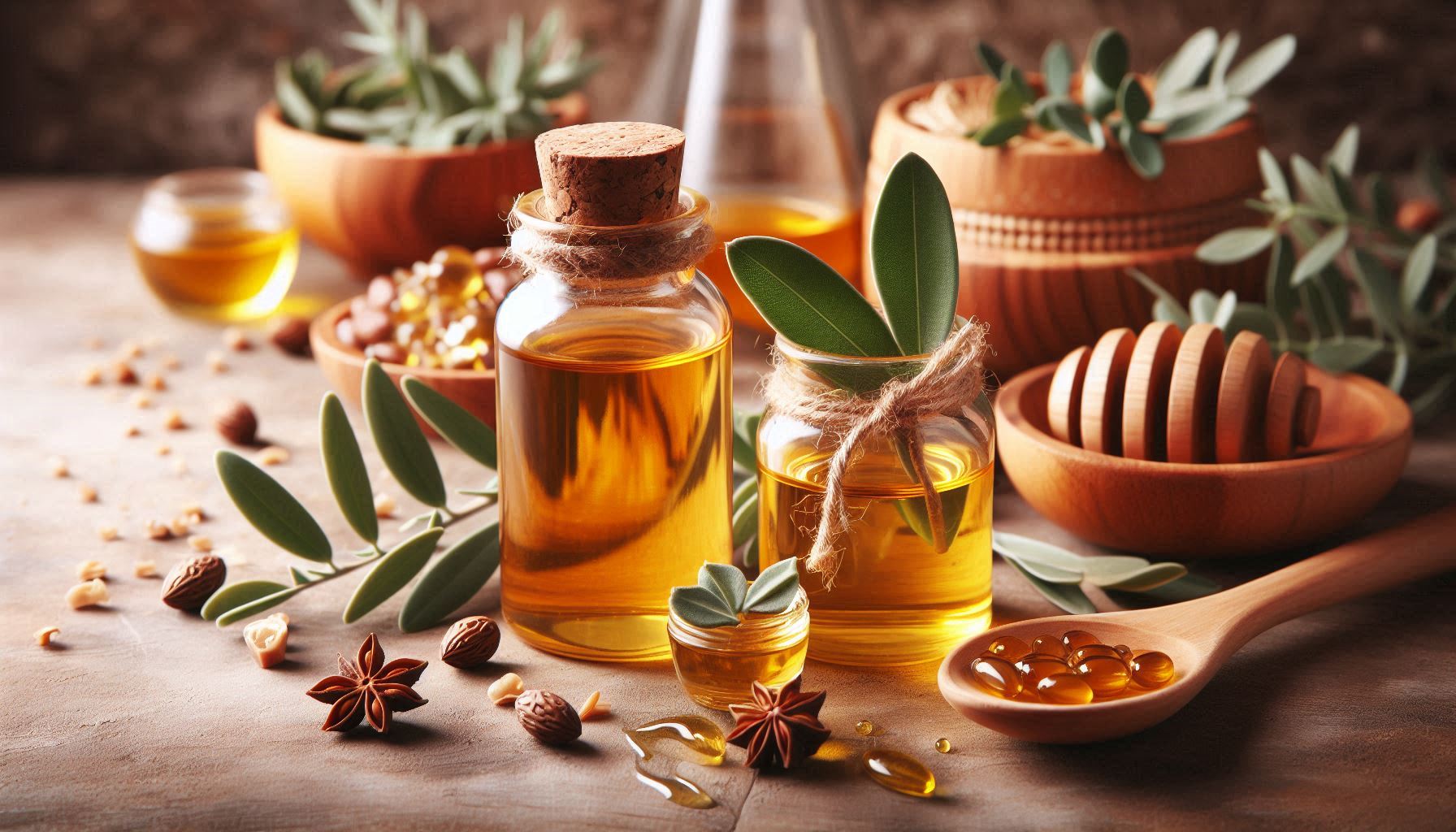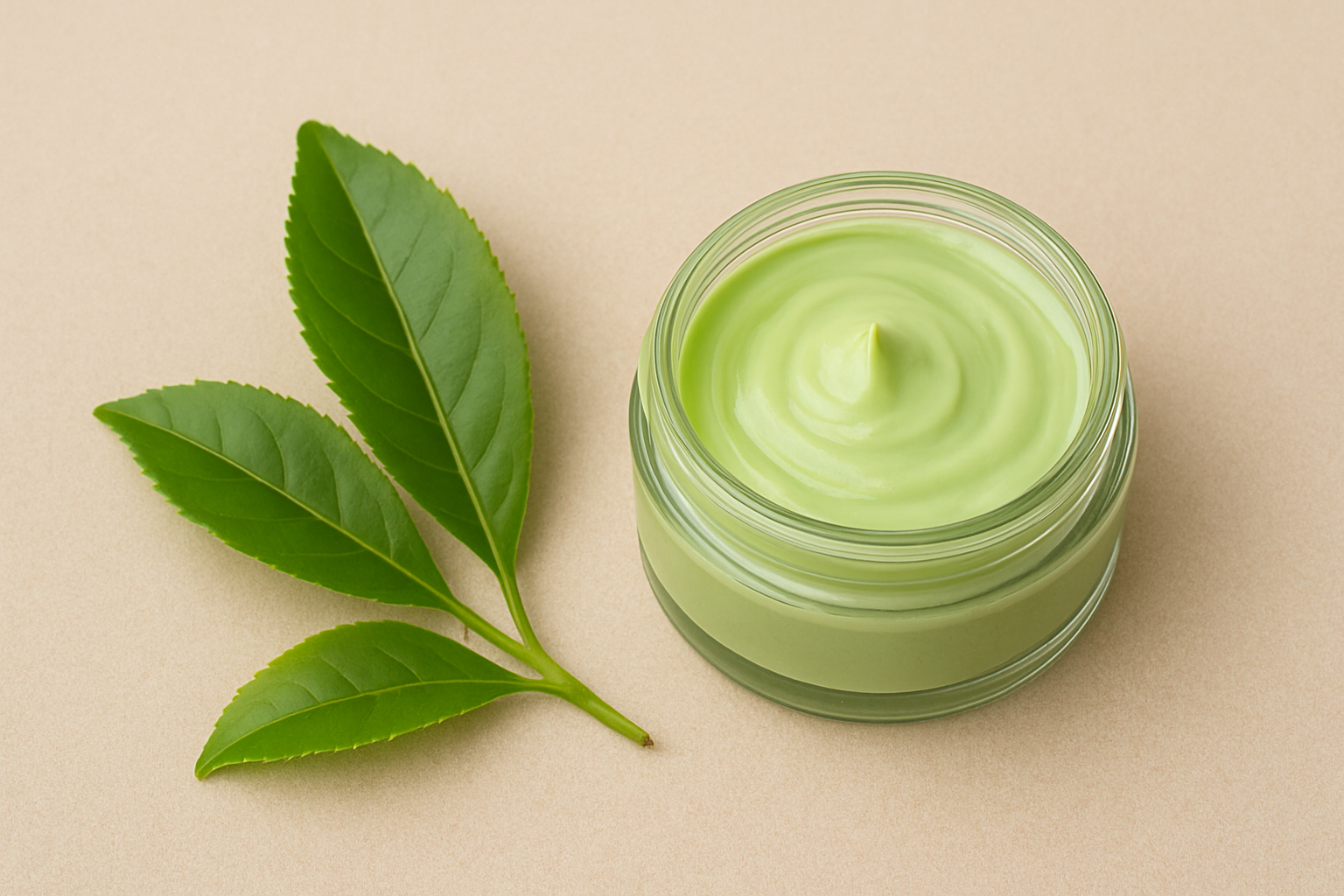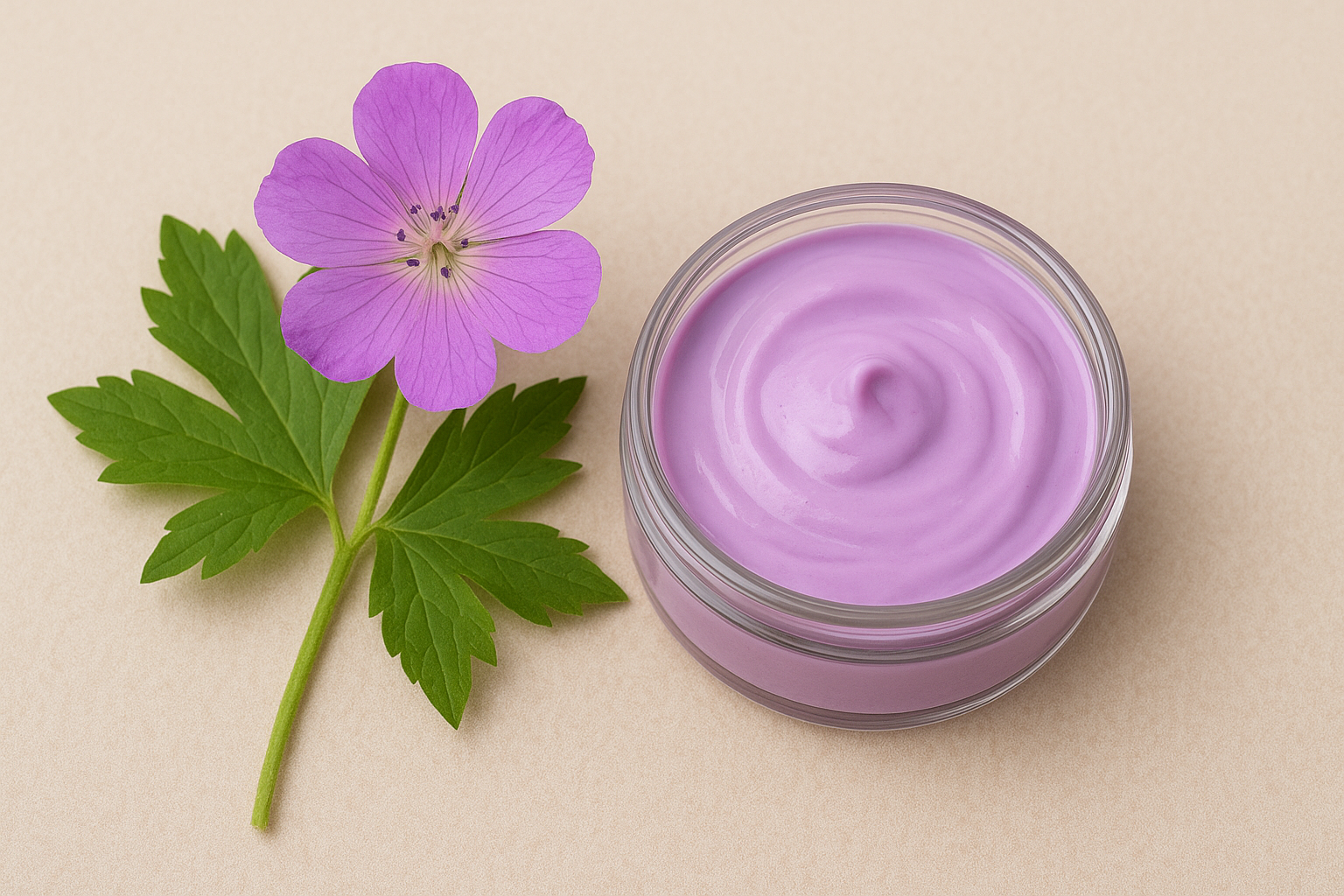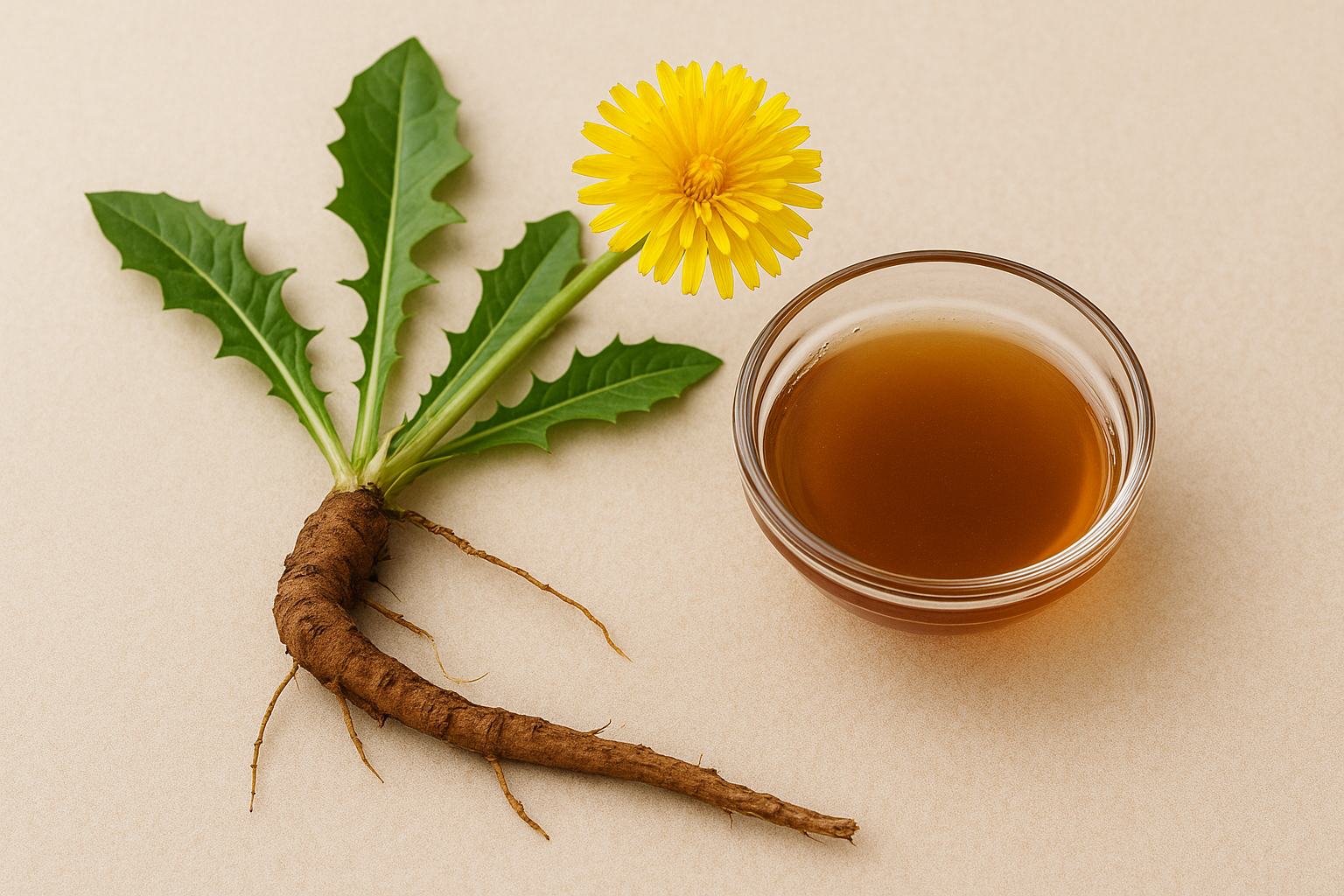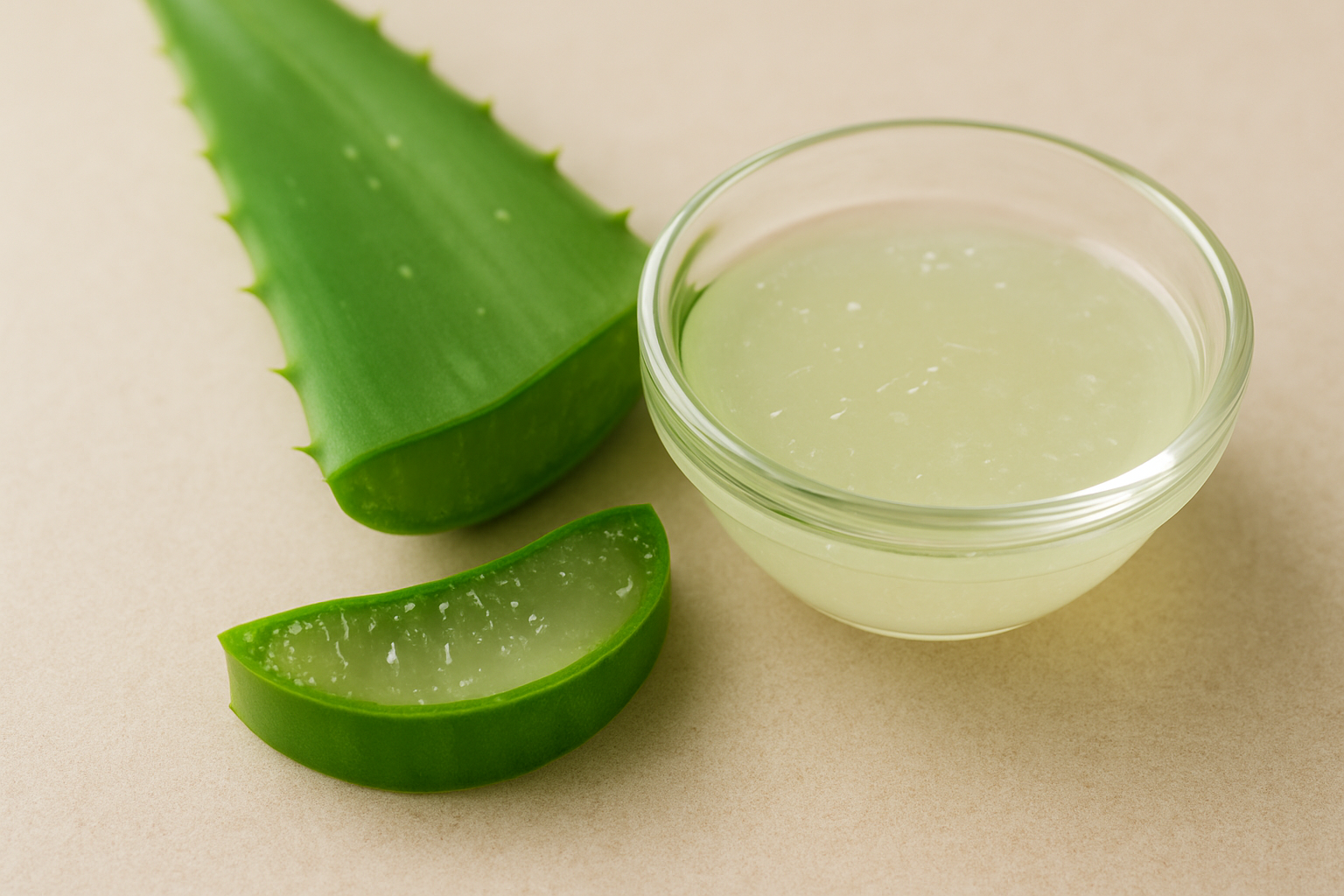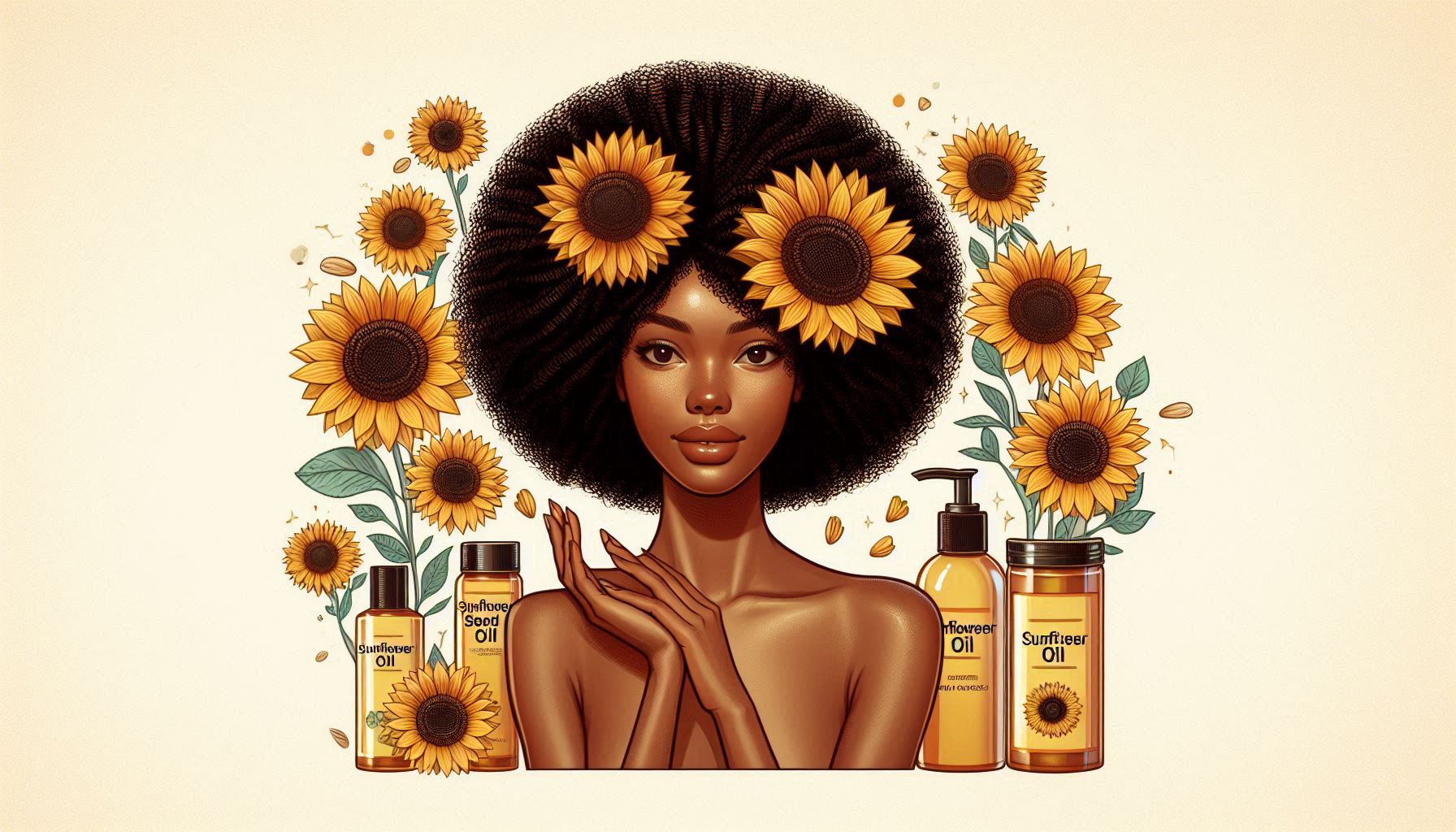
Why do we use Sunflower Seed Oil (Helianthus Annuus)?
Sometimes, the most effective skincare ingredients aren’t exotic or rare, but rather trusted, reliable, and scientifically proven. Helianthus Annuus (Sunflower) Seed Oil is a perfect example. This common yet powerful oil is a hero for strengthening the skin’s protective barrier, making it a cornerstone of our ingredient philosophy for healthy skin.
What is Helianthus Annuus (Sunflower) Seed Oil?
Helianthus Annuus Seed Oil is a non-fragrant plant oil extracted from the seeds of the sunflower. It is a rich source of nutrients, but its main claim to fame in skincare is its high concentration of Linoleic Acid, an Omega-6 essential fatty acid.
Linoleic acid is a vital component of ceramides, which are the building blocks of your skin’s protective barrier. A healthy barrier is crucial for keeping moisture in and irritants out. The oil is also a natural source of Vitamin E, a potent antioxidant.
Source:
- National Institutes of Health (PubMed Central): Anti-Inflammatory and Skin Barrier Repair Effects of Topical Application of Some Plant Oils – This scientific review in the International Journal of Molecular Sciences details the composition and benefits of various plant oils, highlighting Sunflower oil’s high linoleic acid content and its positive effects on the skin barrier.
The Good: 3 Key Benefits of Sunflower Seed Oil in Creams
When formulated into a cosmetic cream, Sunflower Seed Oil acts as a nourishing emollient that strengthens and protects the skin.
1. It’s a Superior Skin Barrier Supporter
This is the number one benefit of high-linoleic Sunflower Seed Oil. By providing the skin with a high dose of linoleic acid, it helps to:
- Strengthen and repair the skin’s lipid barrier.
- Reduce transepidermal water loss (TEWL), keeping skin hydrated for longer.
- Improve the skin’s resilience against environmental stressors and irritants.
This makes it particularly beneficial for dry, dehydrated, or compromised skin, including skin prone to eczema.
2. It’s Naturally Rich in Antioxidant Vitamin E
Sunflower oil is a great source of Vitamin E (tocopherol). As a powerful antioxidant, Vitamin E helps to neutralize damaging free radicals generated by UV exposure and pollution. This helps protect the skin from premature aging and keeps it looking healthy.
3. It’s Soothing and Non-Comedogenic
Studies have shown that Sunflower Seed Oil has anti-inflammatory properties, which help to soothe red or irritated skin. Because it’s a lightweight oil and high in linoleic acid, it is also considered non-comedogenic, meaning it is unlikely to clog pores, making it suitable for all skin types, including those prone to acne.
Source:
- National Institutes of Health (PubMed Central): Effect of Olive and Sunflower Seed Oil on the Adult Skin Barrier – This study in Pediatric Dermatology highlights that Sunflower oil preserves and improves skin barrier function, unlike high-oleic oils like olive oil, which can disrupt it.
The Bad: Are There Any Considerations?
The effectiveness of Sunflower Seed Oil comes down to one crucial detail: its fatty acid profile.
- Not All Sunflower Oils Are Created Equal: There are two main types of sunflower oil: the standard high-linoleic version and a high-oleic version developed for the food industry for high-heat cooking.
- High-Linoleic Oil is the type that is beneficial for the skin barrier.
- High-Oleic Oil, in contrast, can be disruptive to the skin barrier for some individuals, particularly those with compromised skin like eczema. It’s essential that skincare brands use the high-linoleic variety for its barrier-repair benefits. Note: we do not use this type of Sunflower Oil in any of our products.
- Perception vs. Performance: Because it is a common and affordable ingredient, Sunflower Seed Oil may not sound as luxurious as other, more exotic oils. However, its performance, particularly in supporting the skin barrier, is scientifically backed and often superior to many more expensive oils like Apricot Kernel Oil for certain skin concerns.
The Verdict
Helianthus Annuus (Sunflower) Seed Oil is a scientifically-proven, foundational ingredient for healthy skin. Its power lies in its high concentration of barrier-building linoleic acid, making it an exceptional choice for nourishing, protecting, and soothing all skin types. When you see it in our products, you can be confident it’s the high-linoleic variety, chosen specifically for its ability to keep your skin barrier strong, hydrated, and resilient.
Frequently Asked Questions about Sunflower Oil
Yes, high-linoleic Sunflower Oil is excellent for the face. It is a lightweight, non-comedogenic emollient that strengthens the skin barrier, provides antioxidant Vitamin E, and moisturizes without feeling greasy, making it suitable for all skin types.
No, high-linoleic Sunflower Oil is considered non-comedogenic and is unlikely to clog pores. Its high concentration of linoleic acid makes it particularly beneficial for balancing oily and acne-prone skin.
High-linoleic Sunflower Oil is rich in Omega-6 fatty acids, which is ideal for supporting the skin barrier of most skin types, especially oily or acne-prone. High-oleic Sunflower Oil is rich in Omega-9 fatty acids, which can be disruptive to the barrier for some individuals and is typically used for cooking.
Find Sunflower Seed Oil in Our Products
(will be updated soon)

